The Independent National Electoral Commission (INEC) has unveiled plans to reform Nigeria’s electoral system, incorporating significant changes based on lessons learned from the 2023 general elections and subsequent off-cycle polls.
Key among the proposed reforms is the introduction of early and diaspora voting to allow Nigerians unable to vote at their registered polling units, including INEC staff, security personnel, and citizens living abroad, to participate in elections. INEC is also advocating for the unbundling of its responsibilities, proposing the creation of an electoral offences tribunal and a separate agency dedicated to political party registration and regulation. These proposals will soon be presented to relevant committees in the National Assembly for legislative approval.
Speaking at a meeting with Resident Electoral Commissioners (RECs) in Abuja, INEC Chairman, Prof. Mahmood Yakubu, emphasized the need to address long-standing challenges and modernize the electoral process. Central to the reforms is the push for legal clarity on result transmission, particularly defining the roles of manual and electronic methods. Yakubu also proposed replacing Permanent Voter Cards (PVCs) with computer-generated slips or downloadable credentials for voter accreditation, a move aimed at reducing costs and curbing the buying of voter cards.
With the introduction of the Bimodal Voter Accreditation System (BVAS), Yakubu noted that the use of PVCs as the sole means of voter identification should be reviewed. From consultations with stakeholders and a review of the 2023 elections, INEC has identified 142 recommendations, with 86 requiring administrative action by the Commission, 48 involving collaboration with stakeholders such as security agencies and civil society organizations, and 8 needing legislative amendments by the National Assembly.
These recommendations address voter education, combating misinformation, collaboration with the National Identity Management Commission (NIMC) to clean the voters’ register, advocating for affirmative action to increase participation by marginalized groups, and improving logistics through partnerships with transport unions for timely deployment of election materials. Yakubu highlighted the importance of expanding voter access, promoting greater inclusion, and tackling electoral offences. The Commission is intensifying its push for diaspora voting, establishing an electoral offences tribunal, and advocating for a more robust regulatory framework for political parties.
INEC plans to release a detailed report documenting the recommendations in both hard and digital formats for public access. Yakubu urged the RECs to study the report and contribute to the development of a more transparent and inclusive electoral system. These reforms, he noted, will shape the future of Nigeria’s elections, ensuring they are fair, inclusive, and reflective of the people’s will.
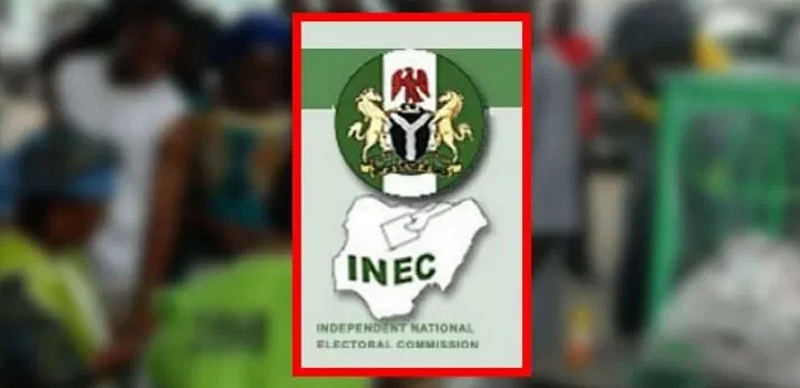
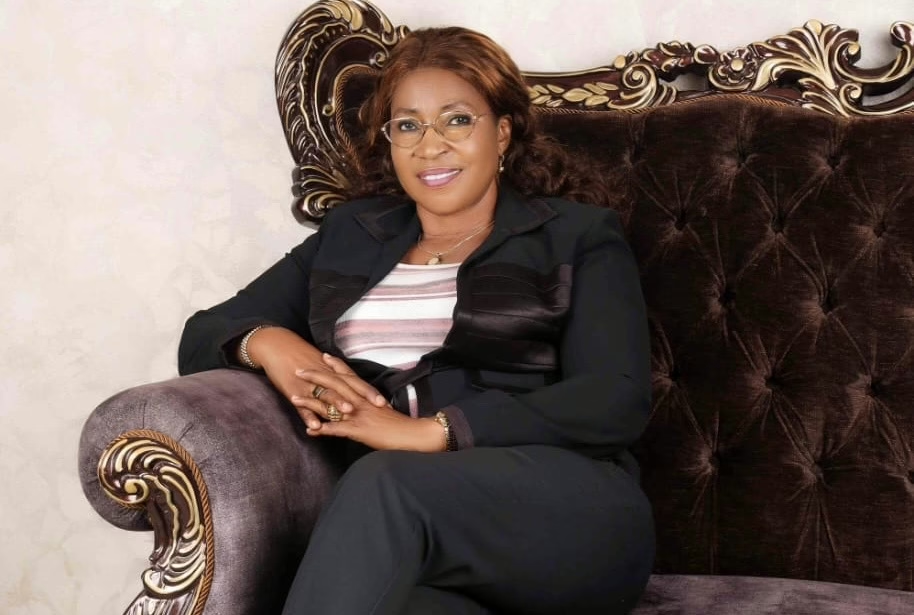

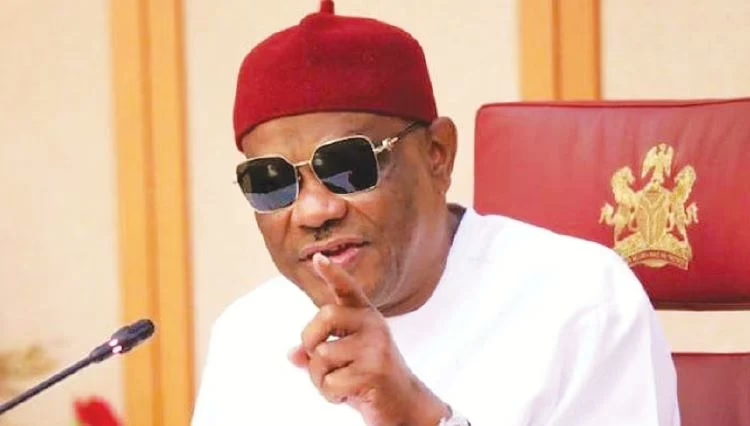
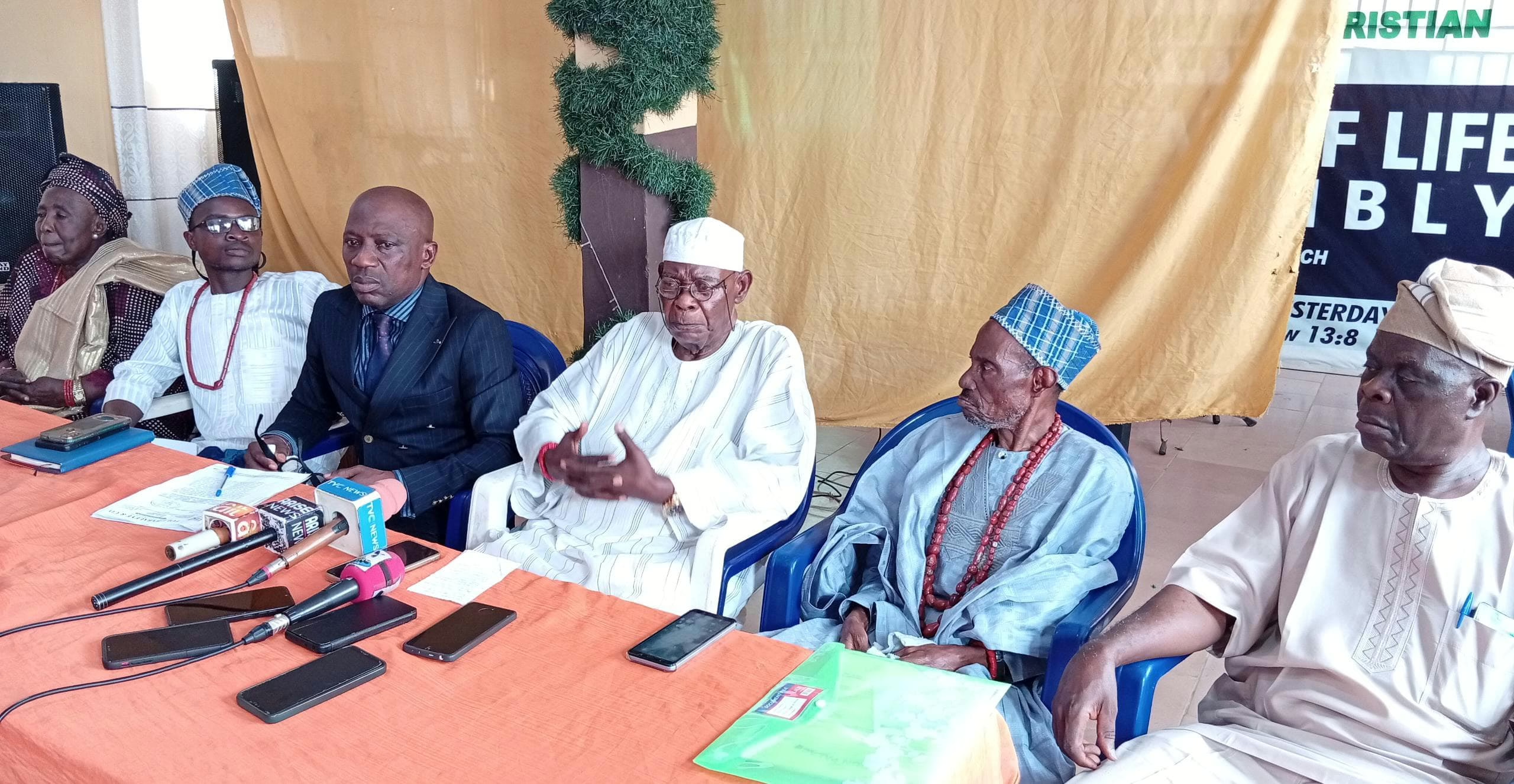
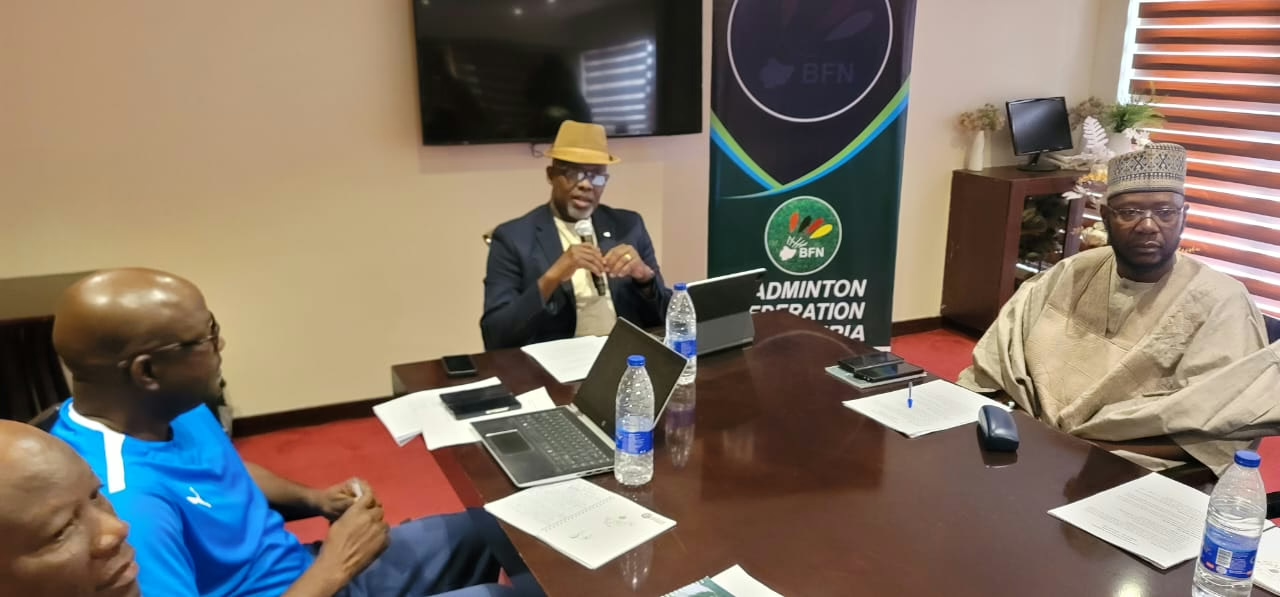

Leave a Reply